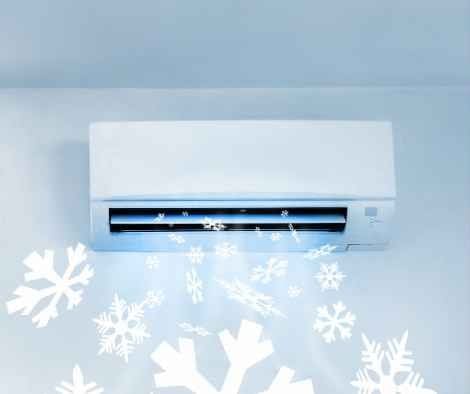Enter our Giveaway to win cool prizes!
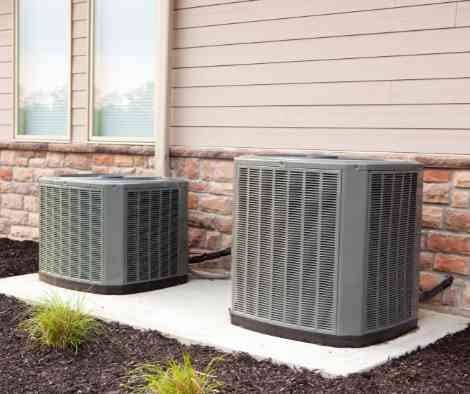
Why Is My Air Conditioner Leaking Water?
Noticed a puddle of water under your air conditioner? It’s one of those problems that seems small—until it’s not. A leaking AC might start with a few drips, but if ignored, it can lead to water damage, mold, and even full system failure. For homeowners in Arizona, where air conditioners work overtime, spotting and fixing leaks early is essential.
Thankfully, not all leaks mean major repairs, but understanding the “why” behind the issue helps you act fast. In this blog, we’ll explain the most common causes of air conditioner water leaks, walk you through simple fixes, and show you how to prevent future problems. With a little knowledge and help from the team at Russett Southwest, you can keep your home dry and your AC running strong.
Common Reasons Your Air Conditioner Is Leaking Water
A little water around your air conditioner might seem harmless at first—but it’s often a warning sign that something’s not working properly behind the scenes. Your AC naturally produces condensation as it pulls humidity from the air. Normally, that moisture is collected in a drain pan and safely carried away through a drain line. But when any part of that process fails, leaks can happen.
In Arizona’s dry climate, you might not expect moisture issues, but air conditioners still produce a surprising amount of condensation—especially during the hottest months. And when that water doesn’t drain correctly, it can overflow and seep into your walls, floors, or ceiling. From clogged lines to faulty parts, there are several reasons your system might start leaking. Knowing these common causes is the first step toward fixing the problem and avoiding expensive repairs.
Signs and Causes of an AC Water Leak
If your air conditioner is leaking water, your home will usually show you the signs before the problem gets out of control. By spotting the warning signals early, you can minimize damage and avoid a bigger repair bill. Let’s break down what to look for and why it might be happening.
Signs to Watch For
These are the most common symptoms that your air conditioner may be leaking water:
- Puddles of water forming near or under your indoor AC unit
- Musty odors coming from your vents or in nearby rooms
- Increased humidity or a damp feeling in the air
- Poor cooling performance, even when the system is running
- Visible mold or mildew near the air handler or return vents
- Dripping sounds coming from inside walls or ceilings when the unit is on
Why It Happens
Understanding what causes a water leak in your AC system helps you know what to fix—or when to call a pro:
- Clogged drain line: Dirt, dust, or algae can block the line, causing water to back up and spill over.
- Dirty air filter: A clogged filter can restrict airflow, leading to frozen coils that eventually melt and overflow the drain pan.
- Low refrigerant: Reduced pressure can also freeze the evaporator coils, leading to leaks as the ice melts.
- Cracked or rusted drain pan: Over time, the pan that catches condensation can deteriorate and allow water to escape.
- Improper installation: If the unit isn’t level, water may not flow correctly into the drain line.
- Broken condensate pump: Systems that rely on a pump to move water out can leak if the pump fails.
How to Fix an Air Conditioner Water Leak
When your AC starts leaking water, some issues can be resolved with a bit of troubleshooting, while others call for expert repair. Acting quickly can prevent water damage and keep your system running efficiently. Let’s look at what you can do yourself—and when it’s best to call Russett Southwest for help.
DIY Solutions
If the leak appears minor, try these quick fixes first:
- Turn off your system to prevent further water accumulation and allow everything to dry.
- Swap out the air filter if it’s dirty—this restores airflow and can help prevent coil freezing.
- Inspect the drain line for visible blockages or algae buildup. Use a wet/dry vacuum or a stiff wire to carefully clear it out.
- Check that the unit is level, especially for newer installations—uneven placement can prevent water from draining properly.
- Look for cracks or rust in the drain pan, especially in older systems. Temporary sealants may help until it can be replaced.
When to Call a Professional
Not every leak has a simple fix. Contact Russett Southwest if you notice:
- Recurring or significant water leakage even after cleaning the filter or drain line
- A refrigerant issue, such as frozen coils, bubbling sounds, or low cooling output
- Visible mold growth or water damage on ceilings, walls, or floors
- A failed condensate pump, especially if your system relies on one to move water vertically
- A cracked or corroded drain pan that needs replacement
- Ongoing drainage issues that basic cleaning hasn’t resolved
Professional HVAC techs can inspect your system thoroughly, identify hidden causes, and restore safe, leak-free operation—saving you time and hassle in the long run.
How to Prevent AC Leaks in the Future
The best way to avoid a leaking air conditioner is through simple, regular maintenance. Taking care of your AC doesn’t just extend its lifespan—it also helps prevent the kinds of issues that lead to water leaks. Here are some proactive tips to keep your system dry and reliable:
- Replace your air filter every 1–3 months to maintain airflow and reduce the risk of frozen coils.
- Schedule professional maintenance annually, ideally before cooling season begins, to catch problems early.
- Flush your drain line periodically with a vinegar and water solution to prevent clogs.
- Make sure your AC unit is properly leveled to ensure water drains in the right direction.
- Inspect the drain pan during maintenance visits to catch cracks or rust before they lead to leaks.
- Ask your technician about installing a float switch, which shuts off the system if a clog is detected in the drain line.
- Sign up for a maintenance plan with Russett Southwest for peace of mind and priority service year-round.
Preventing water leaks isn’t just about comfort—it’s also about protecting your home from hidden moisture damage and mold.
Wrap-Up: Don’t Ignore AC Leaks—Call Russett Southwest
A leaking air conditioner may not seem like a big deal at first, but it can quickly lead to water damage, mold growth, and more serious HVAC issues. From clogged drain lines to frozen coils, the causes of water leaks are often preventable—and always worth addressing early. While some quick fixes can help resolve minor problems, persistent leaks often signal the need for professional attention.
If your air conditioner is leaking water or showing signs of moisture trouble, don’t wait until it turns into costly damage. The experienced team at Russett Southwest is here to help with fast, reliable service and long-term solutions that keep your home cool, comfortable, and dry.
Contact Russett Southwest today to schedule your AC inspection and stop that leak before it gets worse!
Recent News
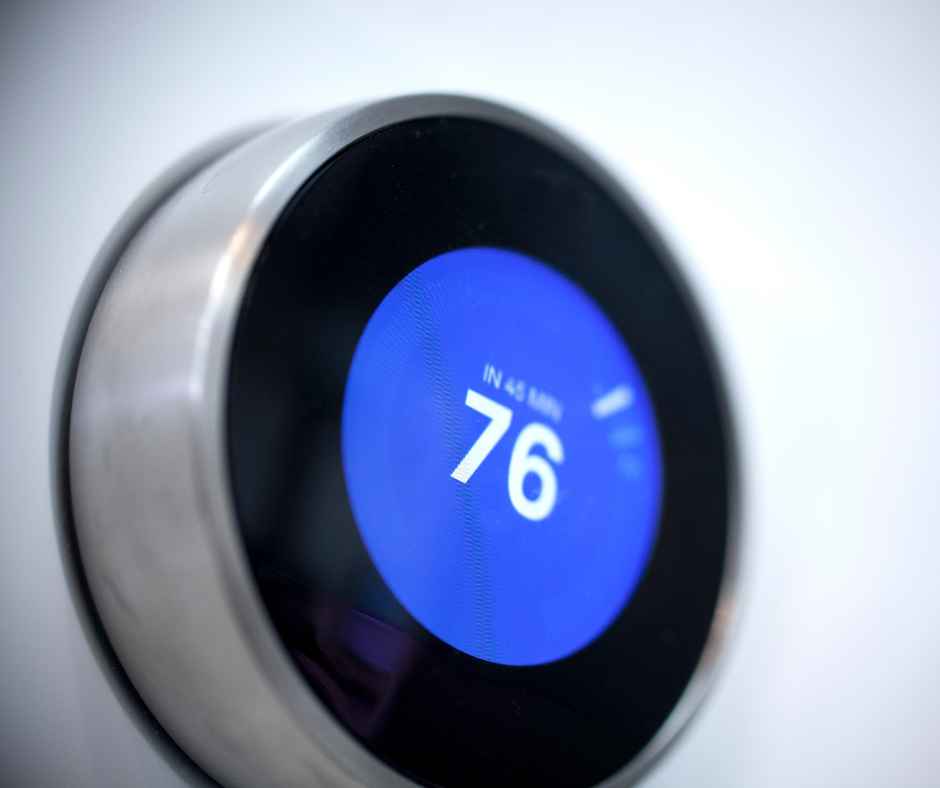
How Much Can a Smart Thermostat Reduce Your Tucson Energy Bill?
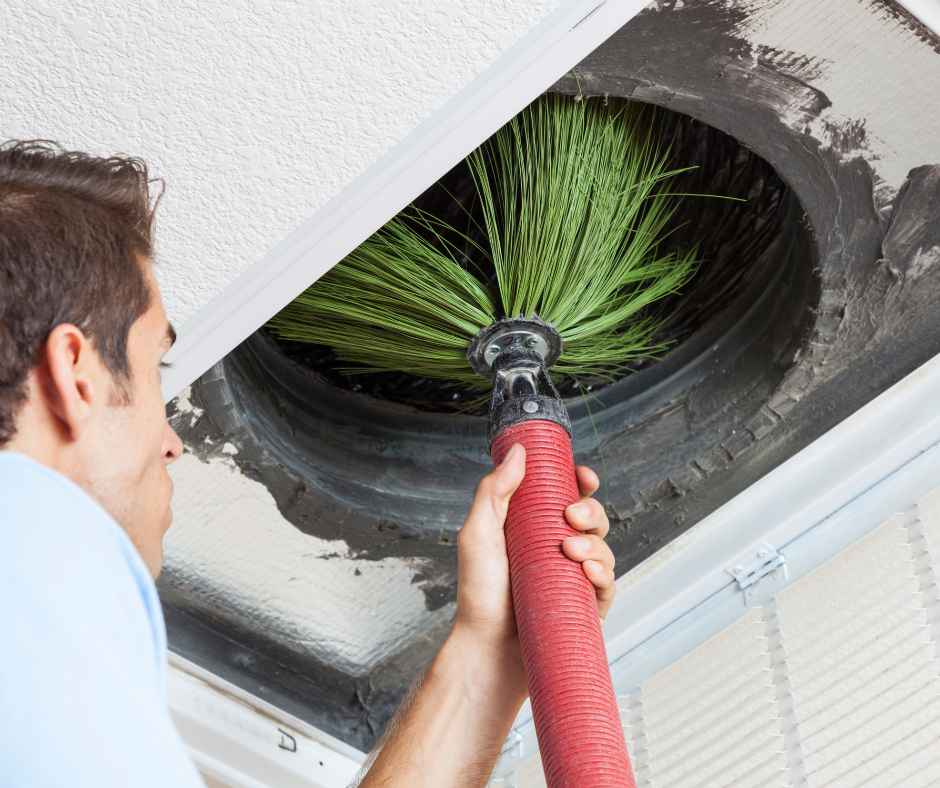
DIY or Hire? The True Cost of Professional Duct Cleaning in Tucson
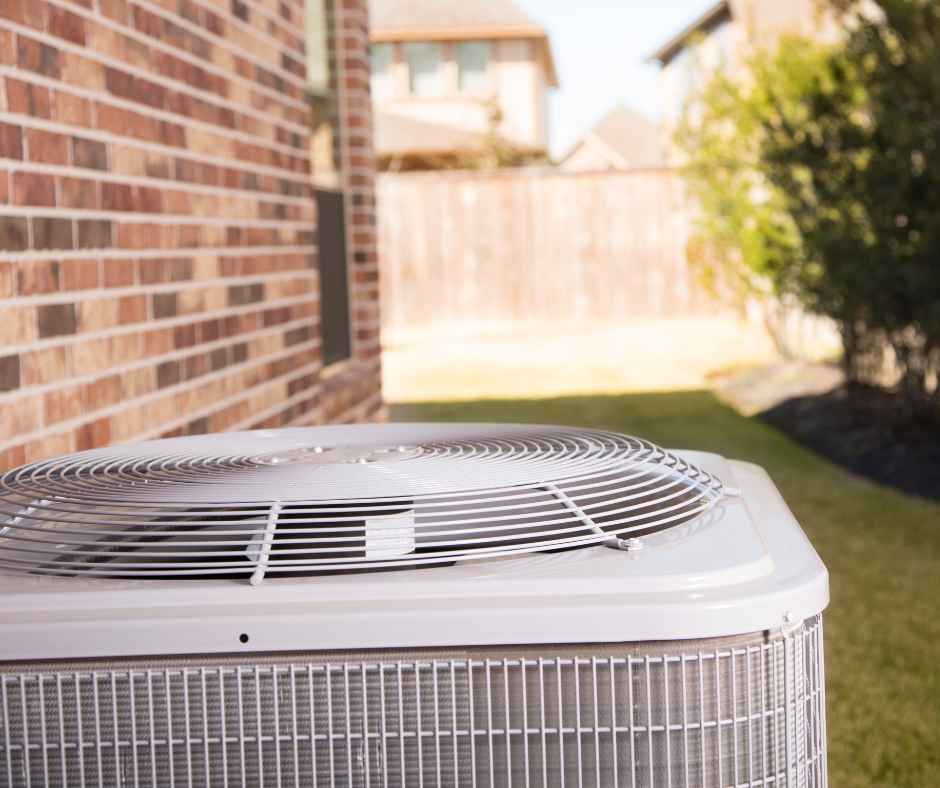
Identifying & Preventing HVAC Freeze-Ups in Arizona’s Cool Nights
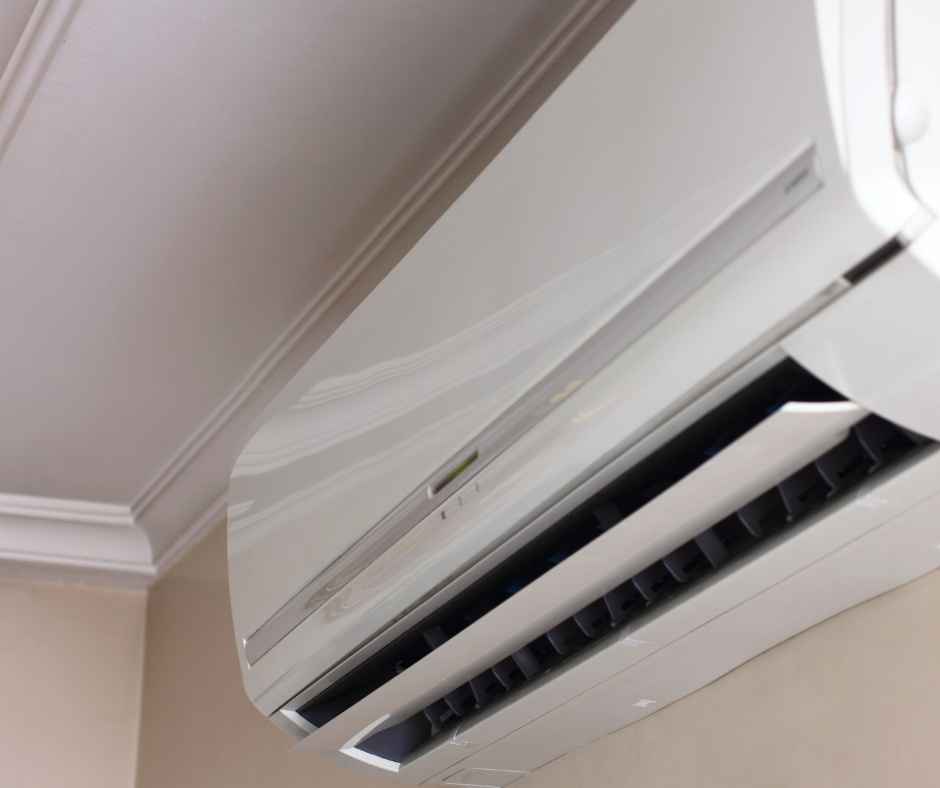
Ductless Mini-Split vs Central AC — Which Saves More in 115°F Heat?
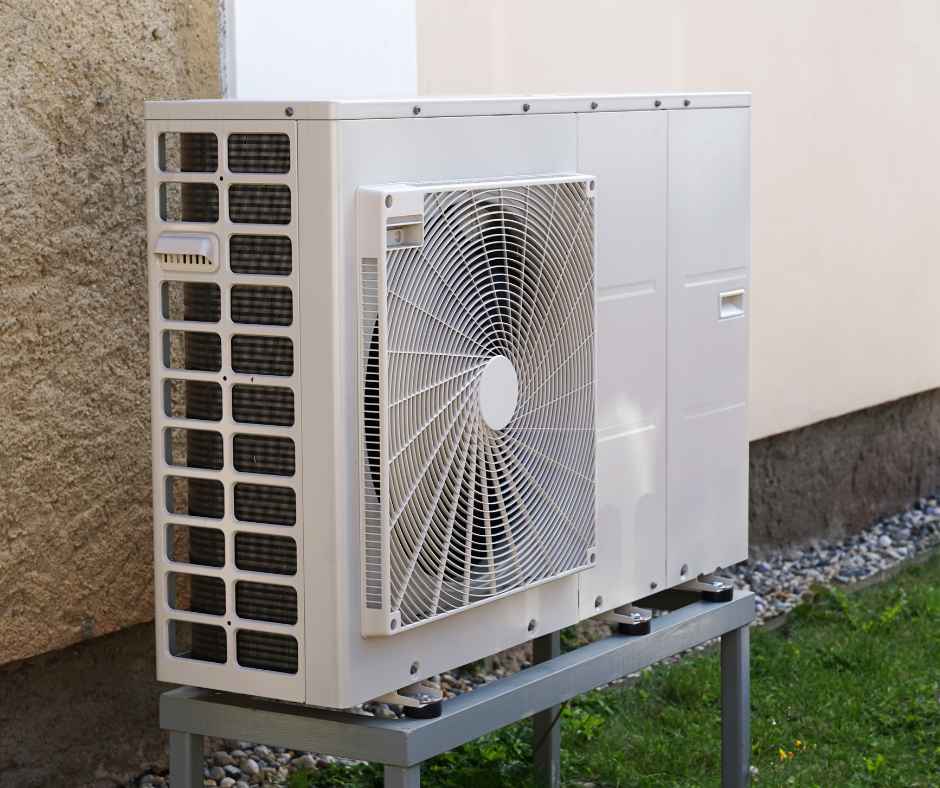
Tucson Homeowner’s Guide: Heat Pump Costs, Rebates & Savings in 2025

Do Dust & Pollen Force You to Upgrade Your Indoor Air Quality System?
